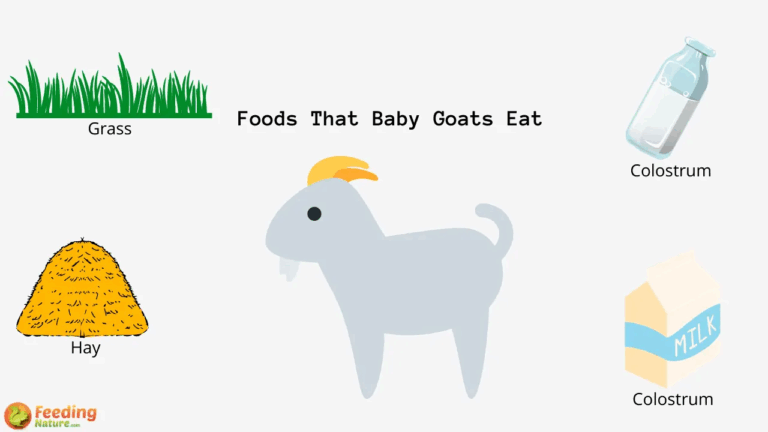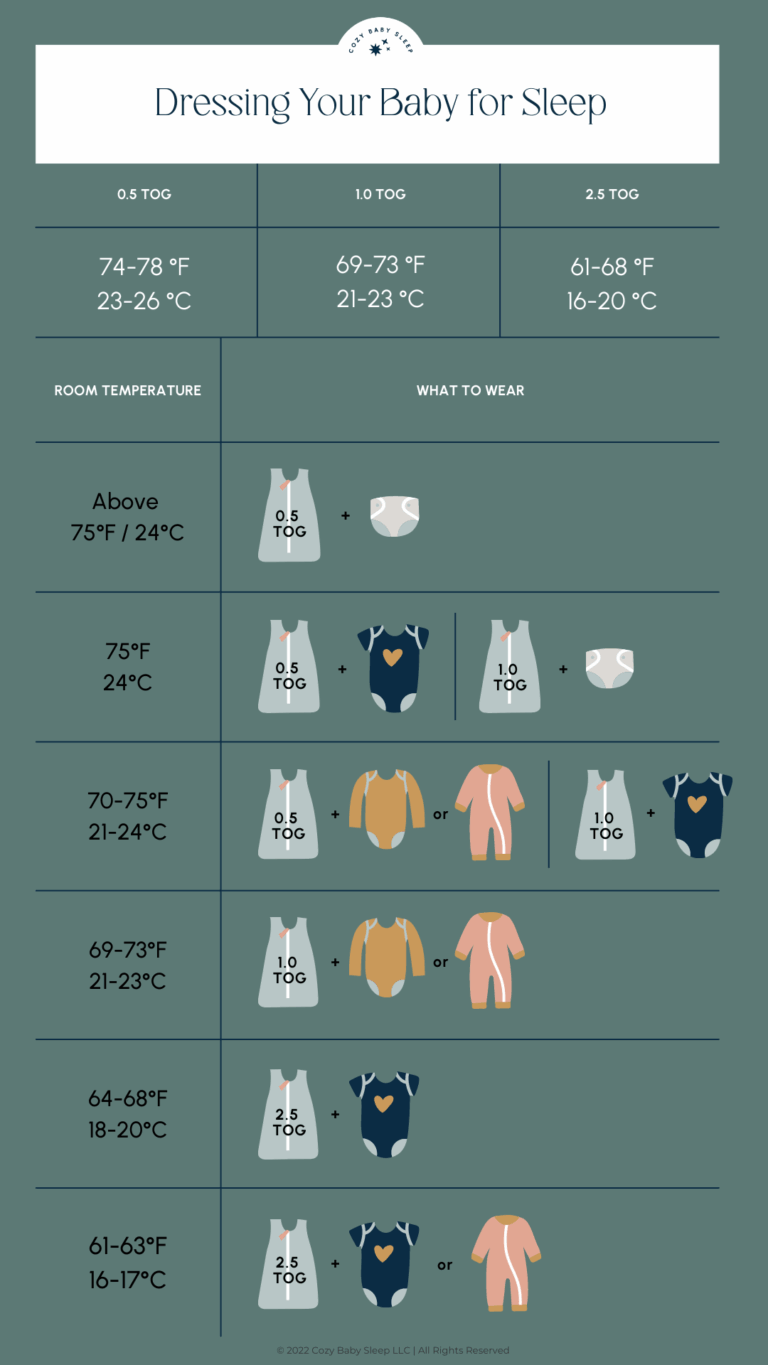How Long Can A Baby Cry Without Stopping
Have you ever wondered how long a baby can cry without stopping? The sound of a crying baby can be distressing for parents and caregivers, and knowing how to handle it can be crucial. In this article, we will delve into the topic of how long a baby can cry without stopping, providing you with valuable insights and information on this important aspect of childcare.
Knowledge
When it comes to babies crying, it is important to understand that crying is a natural form of communication for infants. Babies cry to express their needs, whether they are hungry, tired, in pain, or simply seeking comfort. While some babies may cry more frequently than others, it is essential for parents to respond to their baby’s cries promptly and with care.
Research has shown that on average, babies can cry for up to two hours a day. However, this can vary from baby to baby, with some infants crying for much longer periods. In general, most babies will stop crying once their needs are met, whether it be feeding, changing, or soothing. It is important for parents to pay attention to their baby’s cues and respond accordingly to help alleviate their distress.
If a baby continues to cry for an extended period without stopping, it could be a sign of an underlying issue. This could include colic, reflux, allergies, or other medical conditions that may be causing discomfort for the baby. In such cases, it is important to consult with a pediatrician to rule out any potential health concerns and to find appropriate solutions to help soothe the baby.
It is also important to remember that babies go through different stages of development, which can also affect their crying patterns. For example, during growth spurts or teething, babies may be more fussy and cry more often. By understanding these developmental milestones, parents can better navigate through these challenging periods and provide the necessary support for their baby.
Conclusion
In conclusion, the question of how long a baby can cry without stopping is a complex one with various factors at play. Understanding the reasons behind a baby’s crying and responding appropriately is essential for their well-being and development. By being attentive to their needs and providing a nurturing environment, parents can help soothe their baby and promote a healthy bond between parent and child.
For new parents and caregivers, the ability to decipher a baby’s cries and respond effectively is a valuable skill that can make a significant difference in the overall care of the infant. By being patient, understanding, and proactive, parents can navigate through the challenges of a crying baby with confidence and compassion.
Ultimately, knowing how long a baby can cry without stopping is not as important as understanding why they are crying and how to address their needs. By focusing on building a strong connection with their baby and creating a supportive environment, parents can ensure that their little one feels safe, loved, and cared for at all times.






